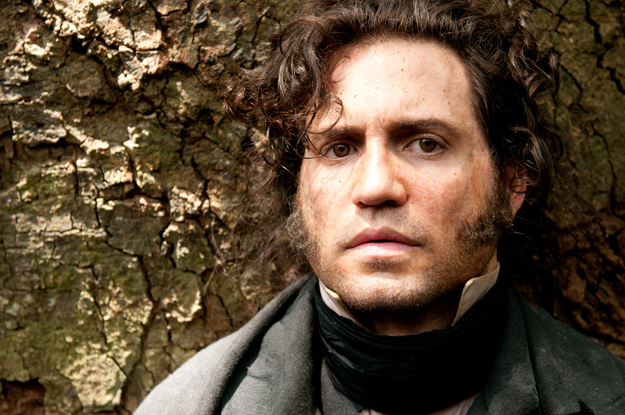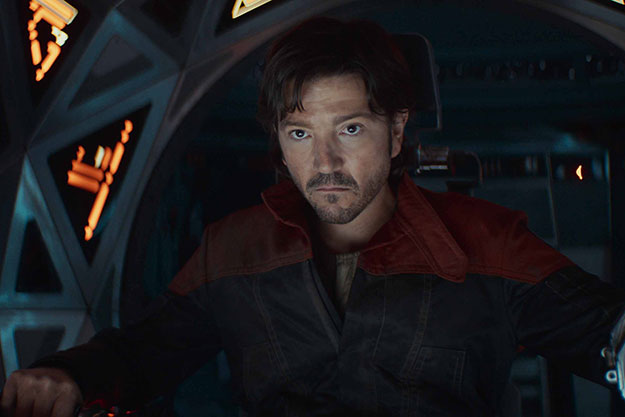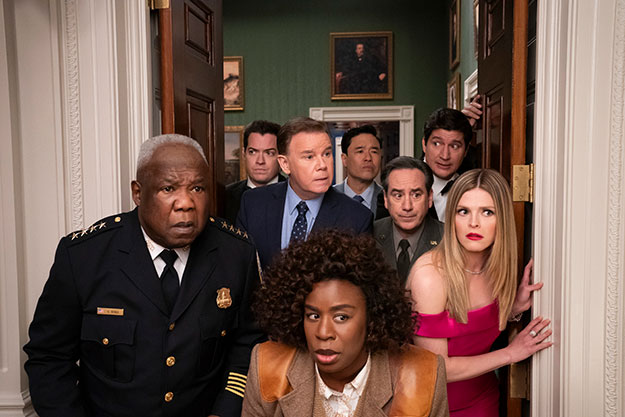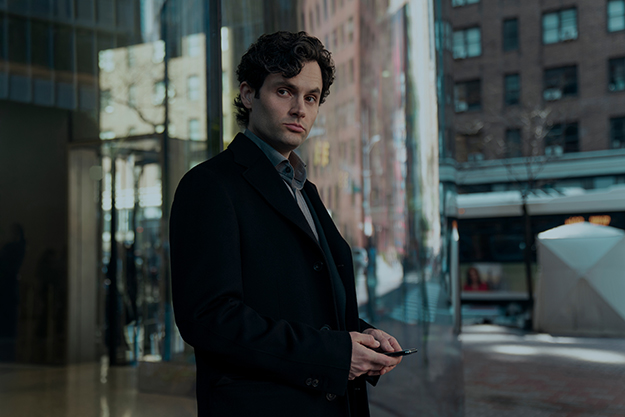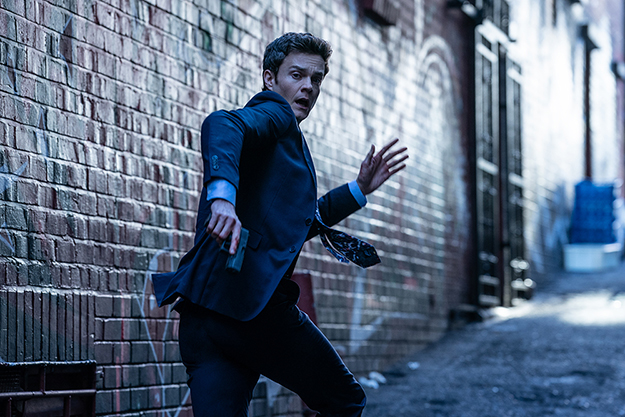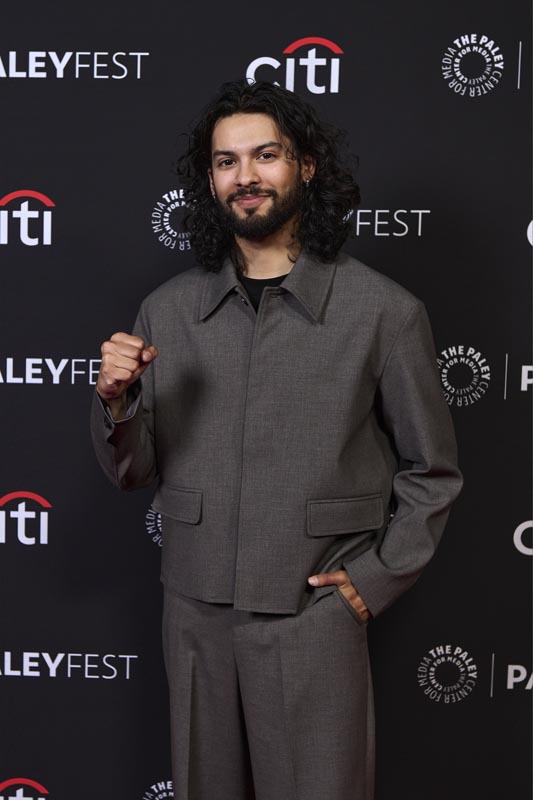Édgar Ramírez is Simón Bolívar in ‘The Liberator’
The story of one of the most important political figures in Venezuela, a man who fought hundreds of battles in South America, and is known as a leader to many Latin Americans is brought to the big screen. Directed by Alberto Arvelo and written by Timothy J. Sexton, The Liberator or Libertador tells the story of Simón Bolívar. Édgar Ramírez talked to us about portraying the iconic leader who liberated northern South America from the Spanish crown.
Playing a historical figure is challenging and while that weight is present, Ramirez looks at characters in a different light. “With Bolivar being the saint, the good guy I tried to find the darkness in him. I tried to find the stain, the contradiction, which is ultimately what levels all out… We are defined by contradiction.” He expressed the importance of giving the right light to a character that he grew up learning. “I tried to read as many biographies as I could and as many, you know documents as I could. In order to understand, especially the political, social and philosophical context in which Bolivar shaped his worldviews it was important for me to understand the spear of time… All that analysis and all that, you know introspection I tried to pour into the character that Timothy Sexton so amazingly wrote, a multilayered character, multidimensional, full of inner conflicts and contradictions, which is what makes us all human.”
The Liberator takes off in the 1800’s when Bolívar encounter’s Prince Ferdinand (Andrés Gertrúdix) of Spain. It is there where he meets the love of his life and Spanish aristocrat, Maria-Teresa del Toro (María Valverde). After moving to Venezuela to live with his wife, Maria-Teresa dies six months later from yellow fever. Time later, with the help of Simón Rodríguez (Francisco Denis), Bolívar joins the revolution. Edgar talked about his view on Bolivar’s quest to liberate. “I think that his personal loss, his huge sense of emotional loss and abandonment. In my opinion, it had a lot to do with his quest. Probably his tendency or his desire of never investing emotionally in someone that could die and go away but in an abstraction like freedom, liberty, nations, homeland, which are concepts that never die, I mean they could live on, you know in time, throughout time… I always place myself the question ‘what would have happened if his wife, for example would have never died?’”
“You know, I mean he lost his father when he was two, his mother when he was nine, then he went and lived with his uncle who also died, his brother died, I mean he was surrounded by death and death and death in the forming years of his life and then he finally falls in love for the first time, he marries the girl and she dies in less than a year after the marriage. So, what else can life take away from him? And also being so rich and so opulent at the time, you know. So he was a man surrounded by a lot of contradictions and they definitely, you know contributed to the uniqueness of his character and his personality. Those were the aspects that we tried to explore in the movie.”
This period piece was shot on location and bringing the 19th century to Spain and Venezuela were cinematographer Xavi Giménez, costume designer, Sonia Grande, and production designer, Paul D. Austerberry. “When you shoot something in Angel Falls, you know as oppose to shoot, you know in a stage with a green screen in the back it’s like you don’t really need to do anything, youre there and that’s it, you just have to react,” said Ramirez. Angel Falls is the world’s tallest waterfall and is located in Venezuela. Edgar also commented how the passion behind this project was equal and it transmits through the screen. “I mean the costume design that is exquisite and the production design and the writer… the cinematography is splendid and exquisite and of course the sensitivity that Berto [Alberto, the director] put into it… For us, the entire goal was to try to capture the human essence that could’ve existed behind the mythical figure.”
Being part of such a historical and cultural project, it’s a story that director Alberto Arvelo feels eager to tell. A story that is important throughout Latin America and all over the world. After giving life to this historic figure, Ramirez expressed what took away from the The Liberator. “I realized how, for example in terms of the exercise of power in Bolivar how difficult it is. How complex the mechanics of politics are and we tend to be very light in criticizing and judging people in positions of power... It has enhanced my empathy for people in general who are set out to change the world and in many cases they don’t succeed.”
The Liberator opens in theaters Friday October 3, 2014.







